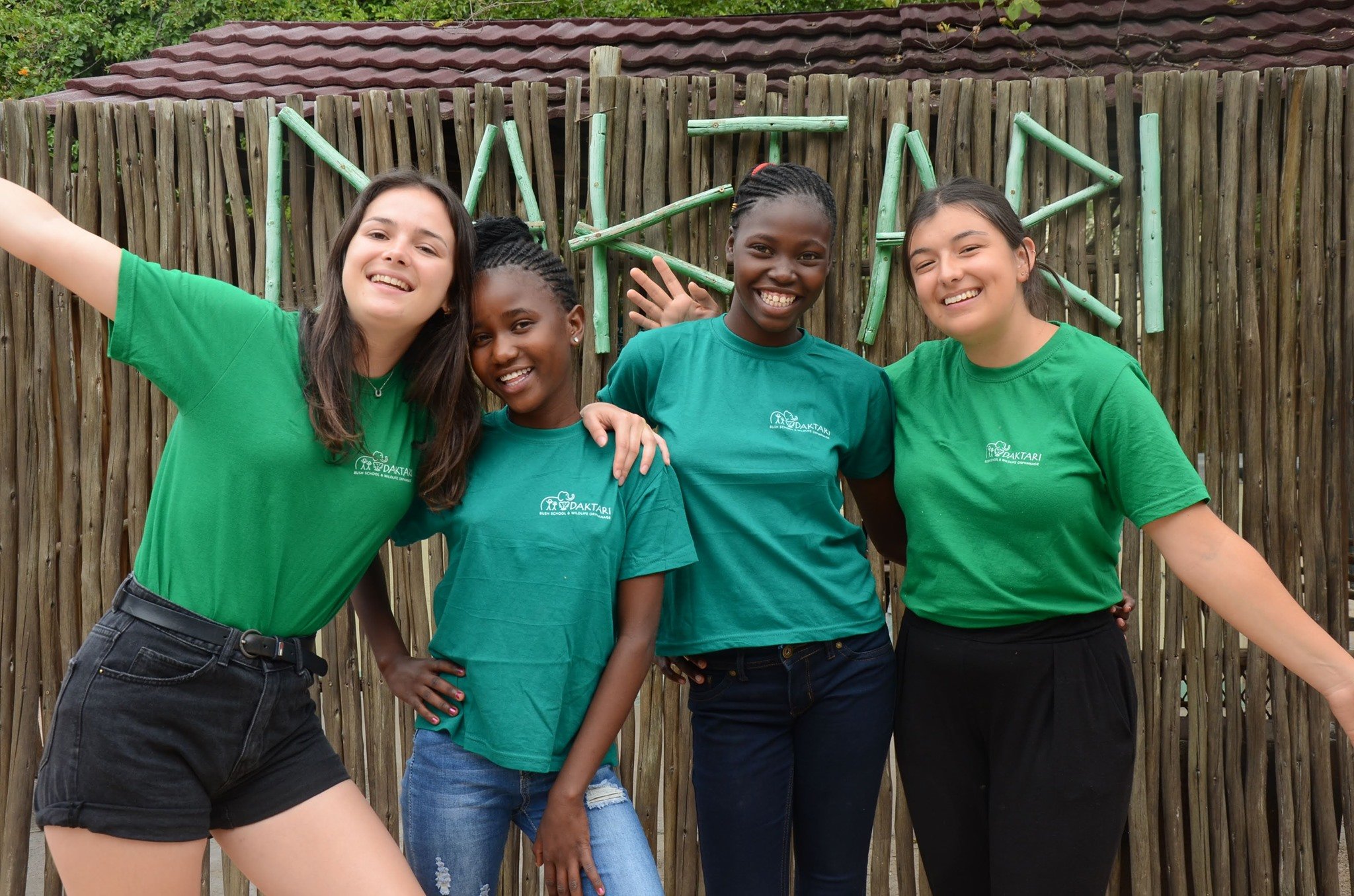There are many noble motivations to volunteer locally or abroad – like a desire to give, experience new cultures, forge new friendships and broaden your horizons. Sadly, not all volunteer programmes are created equal. This makes careful research essential to finding an ethical volunteering opportunity.

What is Ethical Volunteering?
Responsible volunteering projects are based on the needs, priorities and aspirations of communities. Importantly, they’re delivered in a sustainable way, in collaboration with local people. They have a positive impact on the country, its people, wildlife and environment. Furthermore, they’re responsibly managed to safeguard both the community and volunteers. In short, ethical organisations value collaboration, transparency, sustainability and accountability.
Tourism contributes massively to conservation, but a responsible volunteer will always ask if activities are justified. For example, it’s lovely to pet a lion cub, but does the action benefit the volunteer or the cub? The same applies to community volunteering. A tragic example of this is Cambodian orphanages: most of the children are only there because of the huge volunteer demand and not because they have lost their parents.

Finding Ethical Volunteering Opportunities
To aid you in your quest to find the perfect ethical volunteering project, we’ve compiled a list of research questions. This will help you decide which organisation or project is right for you. Furthermore, it will also help you be a responsible traveller and always keep ethical travelling in mind.
WHY DO THEY EXIST?
- Does the organisation place the needs of the community or conservation area before those of volunteers?
- Is it responding to real, existing needs or just fabricating volunteer opportunities?
- Does it exist to benefit its community? Does it support, empower, educate, encourage and develop? Or does it impose, enforce, restrict and degrade?
WHO DO THEY WORK WITH?
- Is the organisation collaborative – do they have reputable links or are they making efforts to collaborate?
- How transparent is it about partners, affiliates and beneficiaries?
- Do they offer proof of the impact that previous volunteers have made?
- If you are dealing with an agency, does it partner with local organisations? More importantly, is it open about the local organisation’s identity and the partnership?
- How thorough is the volunteer selection process? Are they trying to make sure that you will suit and benefit the project?
WHEN DO THEY OPERATE?
- How long do you need to be engaged to achieve the most impact for all concerned? Ethical volunteering opportunities will express this clearly.
- What happens when you leave? Do projects continue without volunteer involvement?
WHERE DO THEY OPERATE?
- Do they give context to the volunteering opportunity? Getting a sense of the surroundings helps you to grasp the real need of the project.
- Consider the location: Is it suitable for volunteers? Is it safe and hospitable? Does it provide what you need?
- Does the project venue cater mainly at affluent tourists, with only superficial volunteer involvement?
HOW ARE THEY FUNDED?
- Is the organisation transparent about its funding sources?
- Do they have other revenue streams that keep the organisation sustainable?
- Are they affordable? Do your homework on the real costs, what you are paying for and where the money goes.
WHAT DO THEY DO?
- What are the short and long term goals of the organisation and its projects?
- Are their main focus areas clearly expressed and relevant to the local community?
- Investigate the local employment they create, the business or charity status, their environmental philosophy, etc. Are their operating methods responsible and ethical?
- Will you receive any training?
- Are your role and the impact it will have clearly described?
Becoming an Ethical Volunteer
Being a responsible traveller and an ethical volunteer boils down to doing your homework and asking a lot of questions. Beware of green washing and fancy policies that sound important, but mean little. Don’t limit your research to the organisation’s own media. Hunt for reviews and stories by former volunteers and compare them to branded messages.
Finding the ideal opportunity may be quite a process, but it’s a worthwhile one. You’ll ensure that your help makes a real difference for others. At the same time, you will be setting up an unforgettable and rewarding life experience for yourself. Find out how we can connect you to your dream volunteering experience here.



